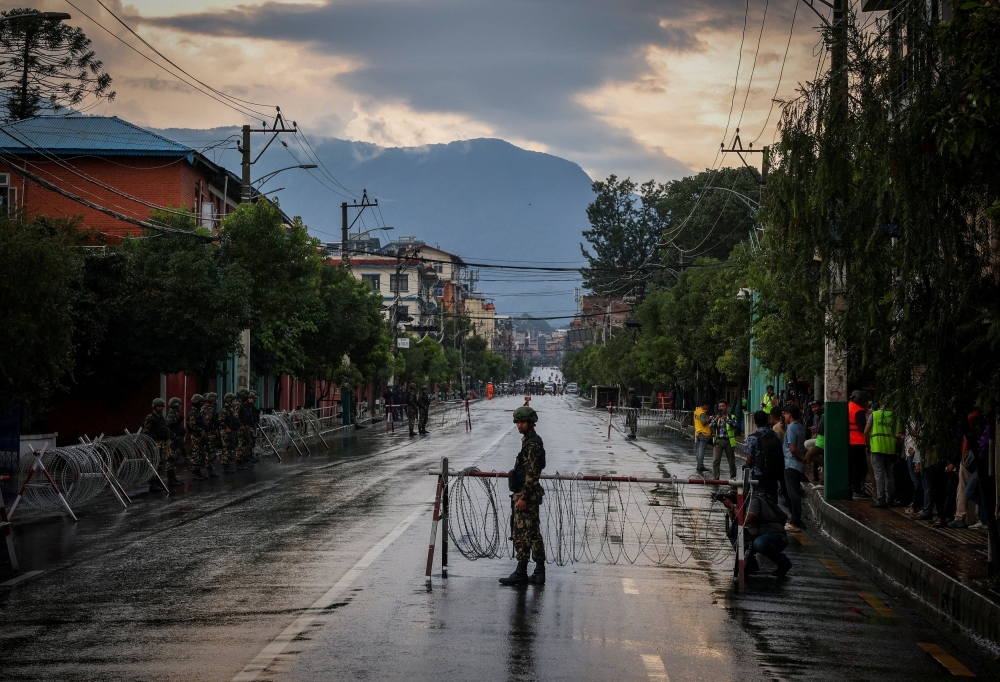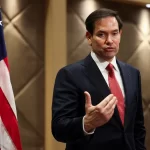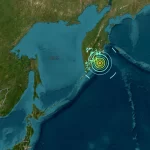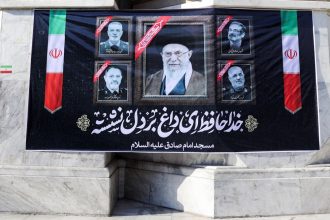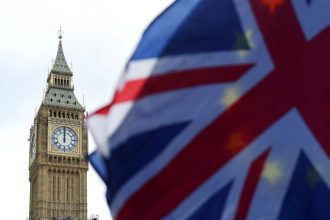KATHMANDU, Sept 13 — In a historic yet somber week for Nepal, President Ramchandra Paudel dissolved the parliament late Wednesday and announced new elections for March 5, 2026, after a wave of deadly protests shook the Himalayan nation. This decision follows the resignation of Prime Minister KP Sharma Oli and the appointment of Nepal’s first-ever woman Prime Minister in an interim role — Sushila Karki, former Chief Justice.
The announcement from the President’s office came amid rising public frustration and unprecedented protests, largely led by Nepal’s younger generation. The movement, largely youth-driven and dubbed the “Gen Z” protests, emerged after the government imposed a controversial social media ban — a decision widely perceived as an attack on free speech. Though the ban has since been lifted, the unrest had already escalated.
The protests reached a boiling point, leaving at least 51 people dead and over 1,300 injured, before PM Oli stepped down on Tuesday under immense public pressure.
In a swift political response, Sushila Karki was named interim Prime Minister after two days of emergency talks involving President Paudel, Army Chief Ashok Raj Sigdel, and protest leaders. Her appointment marks a symbolic turning point in Nepal’s democratic journey — one shaped by decades of political turbulence since the monarchy was abolished in 2008.
Neighbouring India, a key regional stakeholder, responded with support and optimism. Indian Prime Minister Narendra Modi extended his congratulations to Karki via X (formerly Twitter), stating,
“Heartfelt congratulations to the Honourable Sushila Karki Ji… India is fully committed to the peace, progress, and prosperity of Nepal’s brothers and sisters.”
By Thursday morning, the country of 30 million, nestled between India and China, began showing signs of returning to normal. Streets were once again buzzing, markets reopened, and the military, once armed with rifles, now carried batons — a silent signal of temporary peace.
